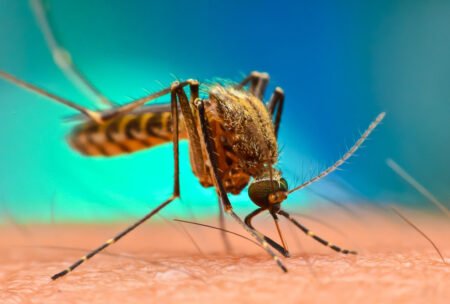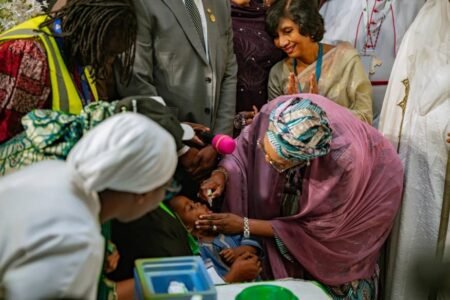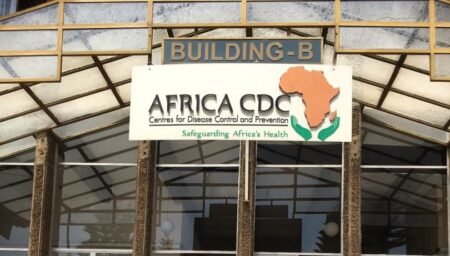To curb healthcare-associated infections and strengthen public health systems, experts and government officials are advocating for hand hygiene to be institutionalised as a national culture, not merely observed as a symbolic annual event.
They made the call on Monday during a commemorative event marking the 2025 World Hand Hygiene Day, at Maitama District Hospital in Abuja.
The event, themed, “It Might Be Gloves. It’s Always Hand Hygiene,” was organised by the Nigeria Centre for Disease Control and Prevention (NCDC) through its Infection Prevention and Control (IPC) Unit, in collaboration with the hospital.
The Lead, IPC Programme at APIN Public Health Initiatives, Abiodun Issa, stated that approximately 70 per cent of infections are transmitted via hands, underscoring the need for consistent hand hygiene across all levels of society.
“It’s only logical to improve our habits and stop the spread of infections through proper hand hygiene, not just in health facilities, but in homes and communities,” Mr Issa said.
He also warned against the misuse of medical gloves, noting their environmental impact.
“It takes about 10 years for a glove to degrade. These things contribute to global warming,” he said.
The Mandate Secretary for Health Services and Environment at the Federal Capital Territory Administration (FCTA), Adedolapo Fasawe, emphasised that hand hygiene should not be reduced to a once-a-year campaign.
Ms Fasawe noted that hand hygiene and infection prevention must be ingrained as a continuous habit.
“Regular, unannounced audits and structured training are essential to build a robust culture of safety,” she said, adding that leadership support and the recognition of champions were key to long-term progress.
Hannatu Isaiq, Head of Nursing at Maitama District Hospital, described investing in IPC as a cost-saving measure.
Mrs Isaiq said it protects patients, reduces healthcare expenses, and empowers healthcare workers to become positive change agents.
Oluwatoni Akinola, Antimicrobial Resistance & IPC Programme Officer at the Dr Ameyo Stella Adadevoh Health Trust (DRASA), echoed the sentiment: “Hand hygiene is a powerful, life-saving practice that must become second nature.
Ms Akinola said hand hygiene saves lives, builds trust, cuts costs, and strengthens our health system.

From a regional perspective, Aisha Farouq, IPC Programme Lead at the African Field Epidemiology Network (AFRENET), highlighted the importance of strategic partnerships.
Ms Farouq said “Hand hygiene is a cornerstone of healthcare. Our collaboration with NCDC is helping save lives and promote peace, health, and national growth.”
Chidinma Ibe, Head of the IPC Programme at the Institute of Human Virology Nigeria (IHVN), stressed the need for continued institutional support.
She said hand hygiene is fundamental to infection prevention.
“Our longstanding partnership with Maitama District Hospital is crucial for building capacity, strengthening IPC practices, and providing essential resources,” she noted.
The News Agency of Nigeria (NAN) reports that stakeholders reached a consensus: embedding hand hygiene into daily healthcare practice is essential to safeguarding health systems and preventing future disease outbreaks.
READ ALSO: Use of gloves not substitute for hand hygiene – Experts
They emphasised that this must be supported by strong leadership, continuous training, and multi-sectoral collaboration to minimise environmental harm and ensure long-term impact.
The World Hand Hygiene Day is marked on 5 May annually to raise global awareness about the importance of clean hands in preventing infections and protecting healthcare systems.
The event ended with a unified call to action for healthcare stakeholders to recommit to hand hygiene as a life-saving practice that must not be overlooked, regardless of gloves or other protective gear.
(NAN)
Read the full article here















